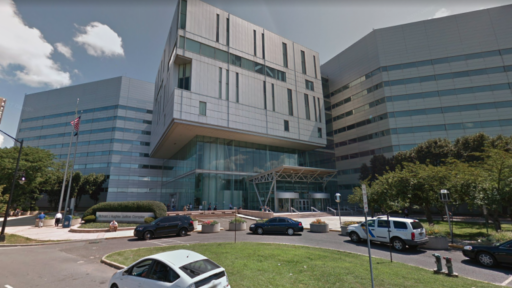New Jersey’s compassionate release law was created with a noble purpose: to allow seriously ill or incapacitated inmates to be released from prison to receive care or spend their final days at home. The law, which replaced a previous medical parole system, was intended to be a more humane and efficient process for releasing those who no longer pose a threat to public safety. However, years after its implementation, a different reality has emerged. A disproportionately small number of prisoners have actually benefited from the law, sparking calls for significant improvements from legal advocates and reform groups.
The Law’s Intentions vs. Its Impact
The compassionate release law, enacted in 2021, set clear guidelines for eligibility. To be considered, an inmate must be diagnosed by two physicians as either having six months or less to live, or suffering from a permanent physical incapacity that makes them unable to perform basic daily activities and requires 24-hour care. The law aimed to streamline the process by replacing the State Parole Board’s discretion with a court-based system.
Despite these seemingly clear criteria, the numbers tell a stark story. Since the law’s inception, only a handful of inmates have been granted compassionate release. This alarming statistic highlights a significant disconnect between the law’s compassionate intent and its actual application. Many advocates point to the strict eligibility requirements and a complex, time-consuming legal process as major barriers.
Advocates Urge for Immediate Reforms
Legal experts and organizations like the ACLU of New Jersey and Families for Justice Reform (FAMM) argue that the current law’s “stingy” criteria and procedural hurdles are preventing it from working as intended. They highlight a number of issues that contribute to the low number of successful releases:
- Restrictive Eligibility: The requirement that an inmate have a prognosis of six months or less to live is criticized as being overly strict. Many other states, and the federal system, have more expansive criteria, allowing for consideration when a person has a longer prognosis or other “extraordinary and compelling reasons” for release.
- A Lengthy and Cumbersome Process: The multi-step process, which involves two separate medical diagnoses and a court petition that can be challenged by prosecutors, can take months—time that terminally ill individuals simply do not have. Advocates argue that this can lead to people dying in prison while awaiting a decision.
- Judicial Discretion: Even when an inmate meets the strict medical criteria, judges are not required to grant release. They can deny a petition based on “extraordinary circumstances,” such as the nature of the original crime, which further limits who can benefit from the law.
Looking Ahead: A Call to Action
The compassionate release law’s failure to meet its intended purpose has created a critical moment for criminal justice reform in New Jersey. As the state continues to examine its correctional system, there is a growing consensus among advocates that the law must be revisited. By loosening the eligibility criteria, simplifying the application process, and giving judges more flexibility, New Jersey could ensure that its compassionate release law truly lives up to its name.
For more information on legal and criminal justice issues in the state, visit our Law & Order section.











